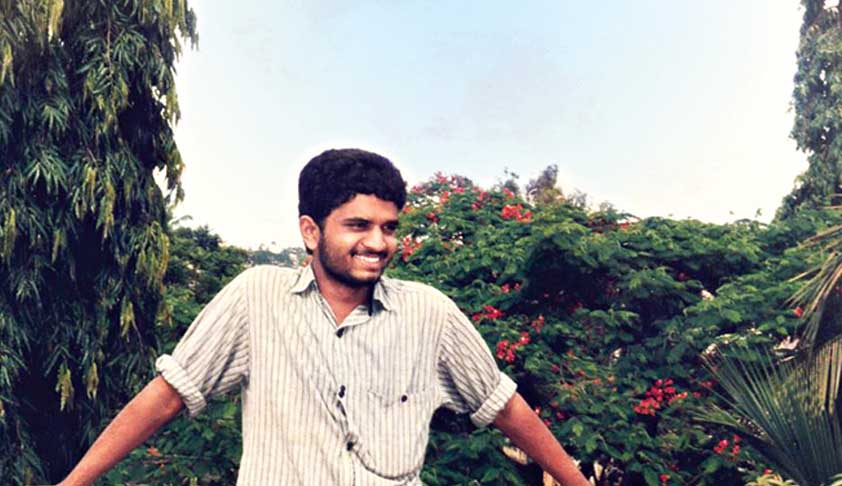Rajiv Gandhi Assassination: SC Asks ASG To Look Into Conspiracy Behind Bomb Making
Prabhati Nayak Mishra
17 Aug 2017 1:14 PM IST

Next Story
17 Aug 2017 1:14 PM IST
The Supreme Court has asked the Additional Solicitor General (ASG) to address the issue of a larger conspiracy angle in the manufacture of the bomb used to assassinate former Prime Minister Rajiv Gandhi.A bench headed by Justice Ranjan Gogoi decided to hear a plea filed by AG Perarivalan, one of the life convicts for his role in conspiracy in the case, on Wednesday.According to the FIR,...
